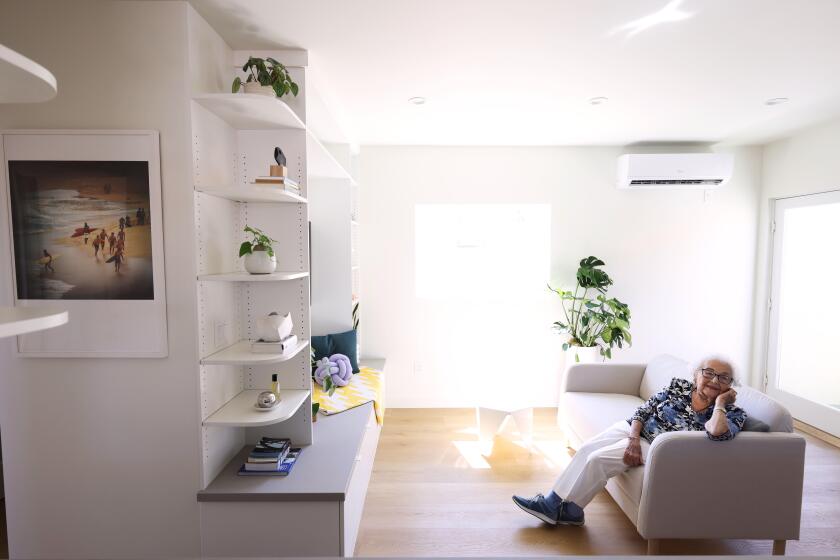Home Plans Ruled Too Different
Ken and Joanne bought a lot on which they planned to build their new residence. They consulted several home designers. One was Lynn, whose firm offered the copyrighted Key Largo plan.
In 1998, Lynn gave Ken and Joanne a photocopy of the Key Largo floor plan.
Although the parties entered into a home-design agreement for $1,200, no payment was made and no plans were supplied by Lynn to Ken and Joanne.
Some time later, Ken and Joanne hired Garry to create the plan that Ken and Joanne used to build their home.
They paid Garry $6,750 as a design fee.
The home was built, based on Garryâs plans.
In 1999, Ken and Joanne received a letter informing them there was a potential problem with the copyrighted plans of their new home.
It is undisputed that Lynn created the Key Largo architectural work and copyrighted it.
Since the finished home was similar to the Key Largo plan, Lynnâs firm sued Ken and Joanne for copyright infringement damages.
If you were the judge, would you rule Ken and Joanne are liable to Lynn for building a home similar to the copyrighted Key Largo plan?
The judge said no.
For there to be a compensable violation of copyright law, the judge said, there must be proven ownership of a valid copyright and unauthorized copying of the work.
It is not disputed that Lynn holds the copyright to the Key Largo plans, the judge said. For there to be an architectural copyright infringement, the judge said, there must be âsubstantial similarityâ between the copyrighted plan and the alleged copy.
âThe court can find that floor plans are visually similar with the same type of general layout, yet find their dissimilarities significant,â the judge said.
Although the general room layout is the same, Ken and Joanneâs house has a different master bath, different closet locations, different room sizes and different wall angles from the Key Largo plan, he said.
Since Lynnâs Key Largo design would not fit on the lot of Ken and Joanne, although the room locations were similar, the actual plan was different, so there was no copyright infringement, the judge ruled.
*
Based on the 2001 U.S. District Court decision in John Alden Homes Inc. vs. Kangas, 142 Fed.Supp.2d 1338.
More to Read
Inside the business of entertainment
The Wide Shot brings you news, analysis and insights on everything from streaming wars to production â and what it all means for the future.
You may occasionally receive promotional content from the Los Angeles Times.










